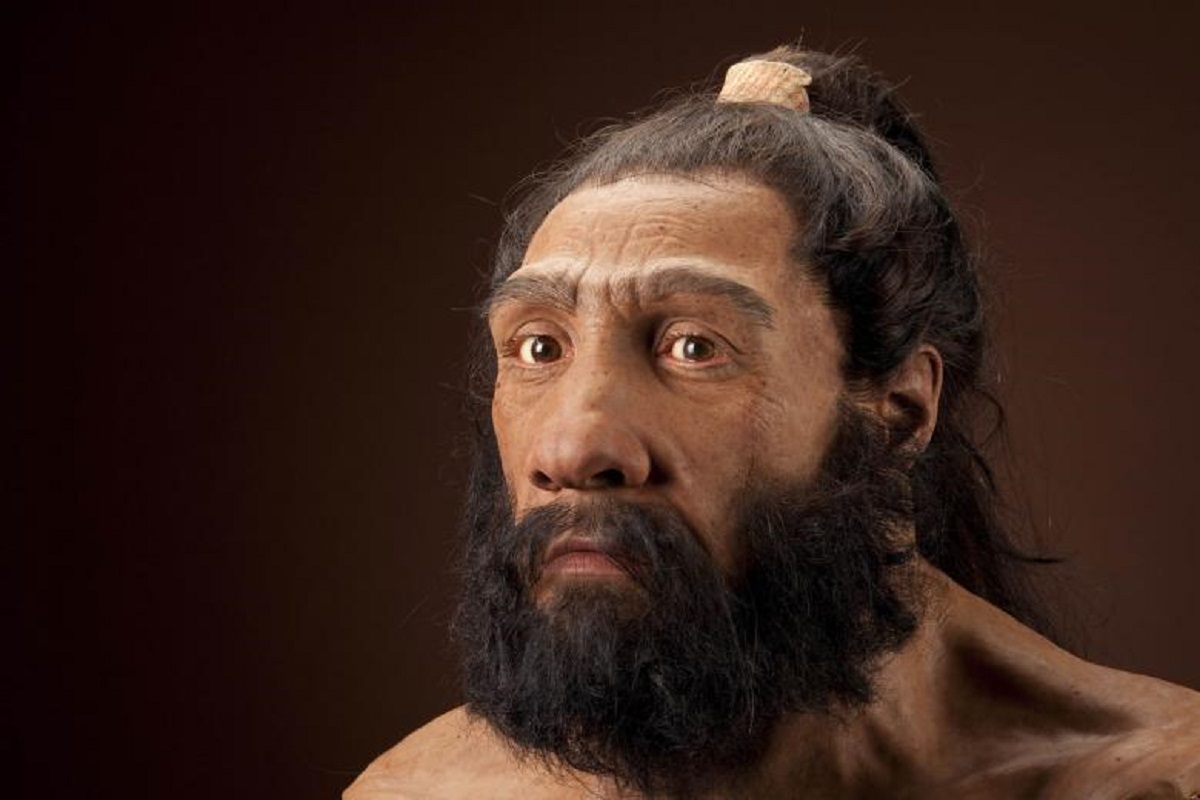
The next lecture in the monthly ‘Ecology and Evolution’ seminar series led by Flinders University will explore how the preserved dental plaque of primitive humans has enabled Australian scientists to identify links between ancient pathogens and modern disease.
Dr Laura Weyrich from the University of Adelaide will deliver the seminar on 22 March 2018 from 11.00am-12.00pm in South Lecture Theatre 1 at Bedford Park campus.
Dr Weyrich and her research team have reconstructed the first ‘oral microbiota’ (community of microbes) of European Neanderthals and identified nearly 200 bacterial species using the dental plaque of ancient skeletons.
The team has subsequently identified large shifts in the oral microbiota of different hunter-gatherer communities on different continents, revealing information on how microbial communities respond to alterations in diet and environment around the globe.
In particular, the team observed significant shifts in microbiota linked to meat, carbohydrate (sugar), and lactose consumption through time in different environments.
These findings provide the first record of human microbiota evolution in real-time, and provide a means to understand why certain bacterial communities are now linked to disease in a modern world.
More information on the ‘Ecology and Evolution’ seminar series is available from Frédérik Saltré in the College of Science and Engineering at frederik.saltre@flinders.edu.au or via (08) 8201 5499.

